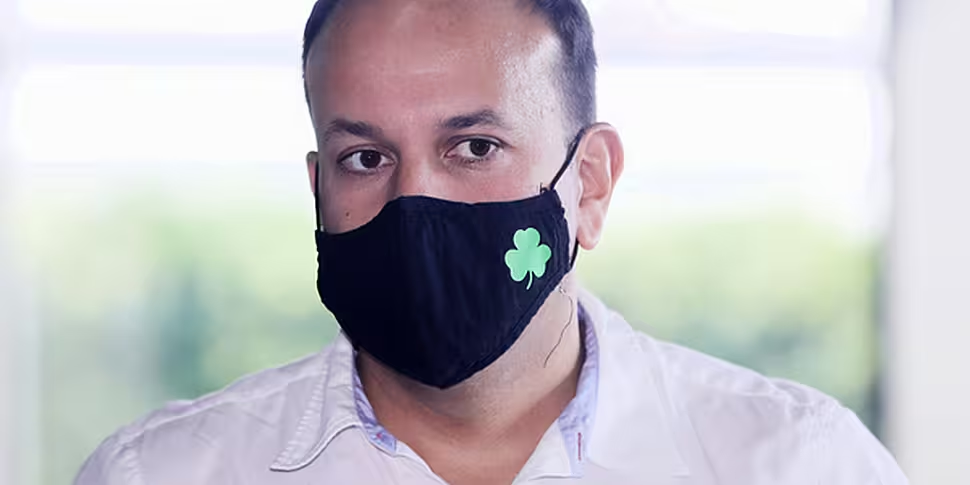The Tánaiste has said it is now possible to meet the Government's target of vaccinating every adult in Ireland against COVID-19 by September.
The AstraZeneca jab was approved for use in the EU yesterday, and the first deliveries will arrive here in about ten days.
Minister for Health Stephen Donnelly confirmed that Ireland will receive doses of the inoculation a week earlier than planned.
There were also positive trial results yesterday from Johnson and Johnson's vaccine, which was found to be 66% effective.
However, it reported lower efficacy in South Africa, where a new variant of the virus has emerged.
Speaking to Newstalk, Tánaiste Leo Varadkar said both developments were hugely positive.
He added that it was "very good news" that the AstraZeneca vaccine has been approved and means that it will allow the immunisation programme to begin in the community.
"I think it is possible to vaccinate every adult by September, or at least to have offered the vaccine to every adult by September," he said.
"There are of course factors that aren't under our control, the Irish Government doesn't decide whether a vaccine is approved or not and we don't manufacture them, so we're kind of dependent on the manufacturers to meet their orders."
'Big volumes' in April and May
Mr Varadkar said it was a "slightly uncertain" situation but his prediction is that while Ireland will be limited by supply until March, from April to June, a lot of vaccines will become available.
He stated: "They're all going to come along at the same time and we just need to make sure that we're ready, that GPs, pharmacists, mass vaccination centres, local vaccination centres, that we are able to deploy the vaccine when it arrives in big volumes which will really happen in April and May."
The Tánaiste said the "particularly encouraging" aspect of the Johnson and Johnson vaccine is that it is administered in a single dose, and he expects the company to apply for approval in the EU in March with the rollout beginning in April.
The Government's aim over the next five weeks is to get case numbers "really low", he added, which means everyone needs to continue to adhere to public health guidelines.
"The big risk over the next few weeks is a degree of comfort or complacency setting in and people maybe letting their guard down," he warned.
"I would ask people to redouble their effort in the next couple of weeks."









